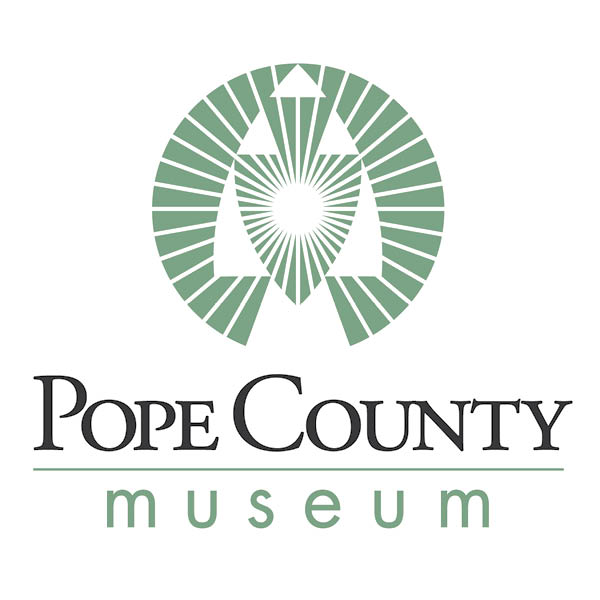Horizon Public Health responds to legal marijuana
News | Published on August 7, 2023 at 2:09pm CDT
Beginning August 1, 2023, Minnesotans over the age of 21 can legally use, possess, and grow recreational cannabis – which is also called marijuana. Although use and possession were legal August 1, it is not lawful to sell marijuana without a license from the Minnesota Office of Cannabis Management (OCM), which is anticipated to begin around January of 2025. Medical cannabis has been legal in Minnesota since 2014.
“As recreational marijuana becomes legal in Minnesota, it is important to remember that just because something is legal doesn’t mean there aren’t risks associated with its use,” said Horizon Public Health Administrator Ann Stehn. “It is important to increase our knowledge and be aware of the health impacts that marijuana use may have, particularly if used by youth.”
The following information shared here is provided by the Substance Abuse and Mental Health Services Administration and the Centers for Disease Control and Prevention and highlights health concerns related to marijuana use.
Addiction: Some people may become addicted to marijuana. Approximately 1 in 10 people who use marijuana will become addicted. If they start before age 18, the addiction rate rises to 1 in 6.
Mental health: Studies link marijuana use to depression, anxiety, suicide planning, and psychotic episodes. Frequent and high doses of marijuana use can cause disorientation and anxiety and paranoia.
Driving: People who drive under the influence of marijuana can experience slower reactions, lane weaving, decreased coordination, and difficulty reacting to signals and sounds on the road. It is illegal to drive impaired.
Heart Health: Marijuana can make the heart beat faster and increase blood pressure immediately after use. This could increase the risk of stroke, heart disease, and other vascular diseases. Marijuana smoke can harm the lungs and cardiovascular system.
Brain health: Marijuana affects parts of the brain responsible for memory, learning, attention and decision making.
Baby’s health and development: Marijuana use during pregnancy may cause impaired fetal growth, premature birth, stillbirth, and problems with brain development, resulting in hyperactivity and poor cognitive function. Tetrahydrocannabinol (THC) and other chemicals from marijuana can be found in breast milk.
Now is the time for everyone to learn more about this important topic and for open conversations about the risks associated with substance use, it was stated in the news release.
Horizon Public Health’s mission is to promote, protect and improve the health and well-being of all people in our communities. Visit us at horizonpublichealth.org. To learn more about this topic visit https://www.samhsa.gov/marijuana and https://www.cdc.gov/marijuana/health- effects. If you or someone you care about needs help there are many resources available, a great place to start is your health care provider, a mental health counselor or other local support services.




